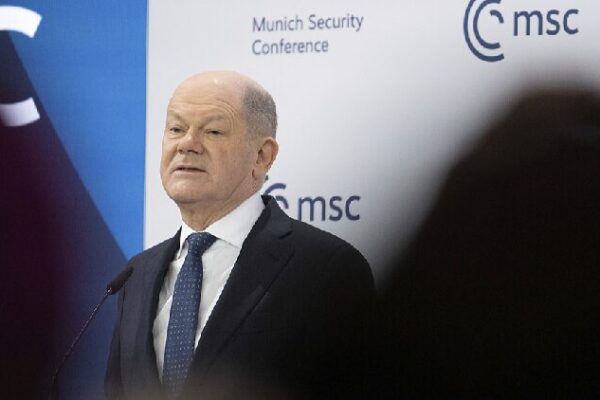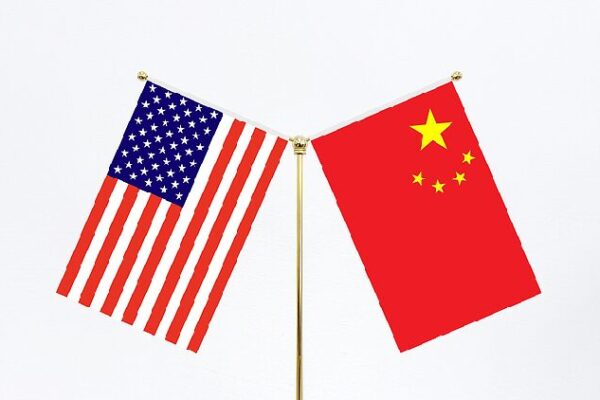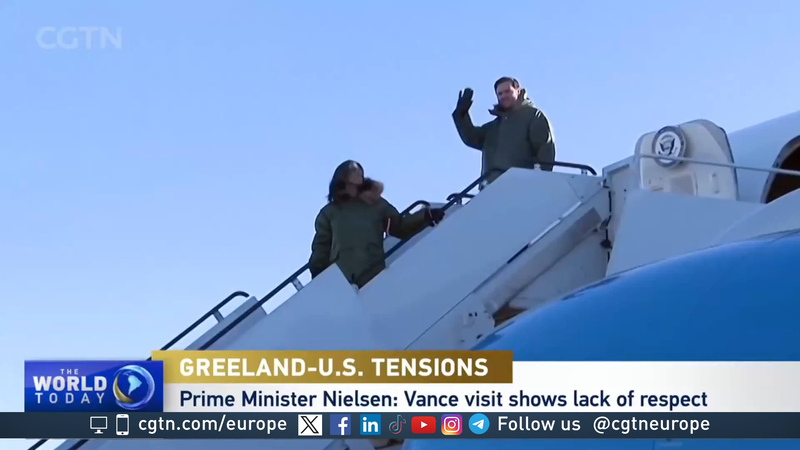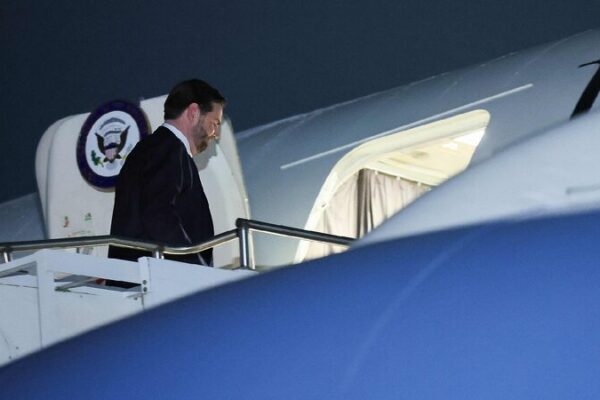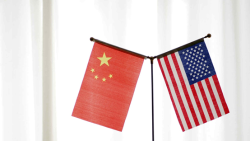Representatives from over 100 nations gathered in Paris for the conclusion of the Artificial Intelligence Action Summit, where 61 countries, including China, signed the “Statement on Inclusive and Sustainable AI for People and the Planet.” This declaration advocates for AI technologies to be “open, inclusive, transparent, ethical, safe, secure, and trustworthy.”
However, the United States and the United Kingdom declined to endorse the statement, drawing criticism from various quarters. While the U.S. did not provide an official explanation for abstaining, U.S. Vice President JD Vance expressed concerns during his speech at the summit. He warned that excessive regulation could “kill a transformative industry,” cautioning against stringent policies that might stifle innovation in the AI sector. Vance also criticized certain European regulatory frameworks for imposing “massive regulations” that create “endless legal compliance costs” for companies. He highlighted fears that some content moderation efforts could lead to “authoritarian censorship.”
China, on the other hand, affirmed its support for responsible AI development. Chinese Foreign Ministry Spokesperson Guo Jiakun stated at a regular press briefing, “China actively embraces intelligent transformation, fosters AI innovation, prioritizes AI safety, and encourages independent enterprise-driven advancements. We also support inclusive AI development, assisting developing nations in strengthening their capabilities, and promoting open-source AI to enhance accessibility. At the same time, we oppose ideological divisions and the politicization of trade and technology under the pretext of national security.”
The UK also provided its reasons for not signing the declaration. A spokesperson for Prime Minister Keir Starmer said, “We felt that the declaration didn’t provide enough practical clarity on global governance and didn’t sufficiently address harder questions around national security and the challenge that AI poses to it.”
Critics argue that by abstaining, the US and UK may be missing an opportunity to shape global standards for AI. Andrew Dudfield, head of AI at fact-checking organization Full Fact, warned, “By refusing to sign today’s international AI Action Statement, the UK government risks undercutting its hard-won credibility as a world leader for safe, ethical, and trustworthy AI innovation.”
Dario Amodei, CEO and co-founder of AI research firm Anthropic, echoed similar sentiments. “Greater focus and urgency is needed on several topics given the pace at which the technology is progressing,” he said. “At the next international summit, we should not repeat this missed opportunity.”
The absence of the US and UK signatures raises questions about the future of global cooperation in AI governance, particularly as the technology continues to advance rapidly. The summit highlighted the differing approaches nations are taking toward balancing innovation with regulation, and the debate is likely to continue at future international gatherings.
Reference(s):
cgtn.com

